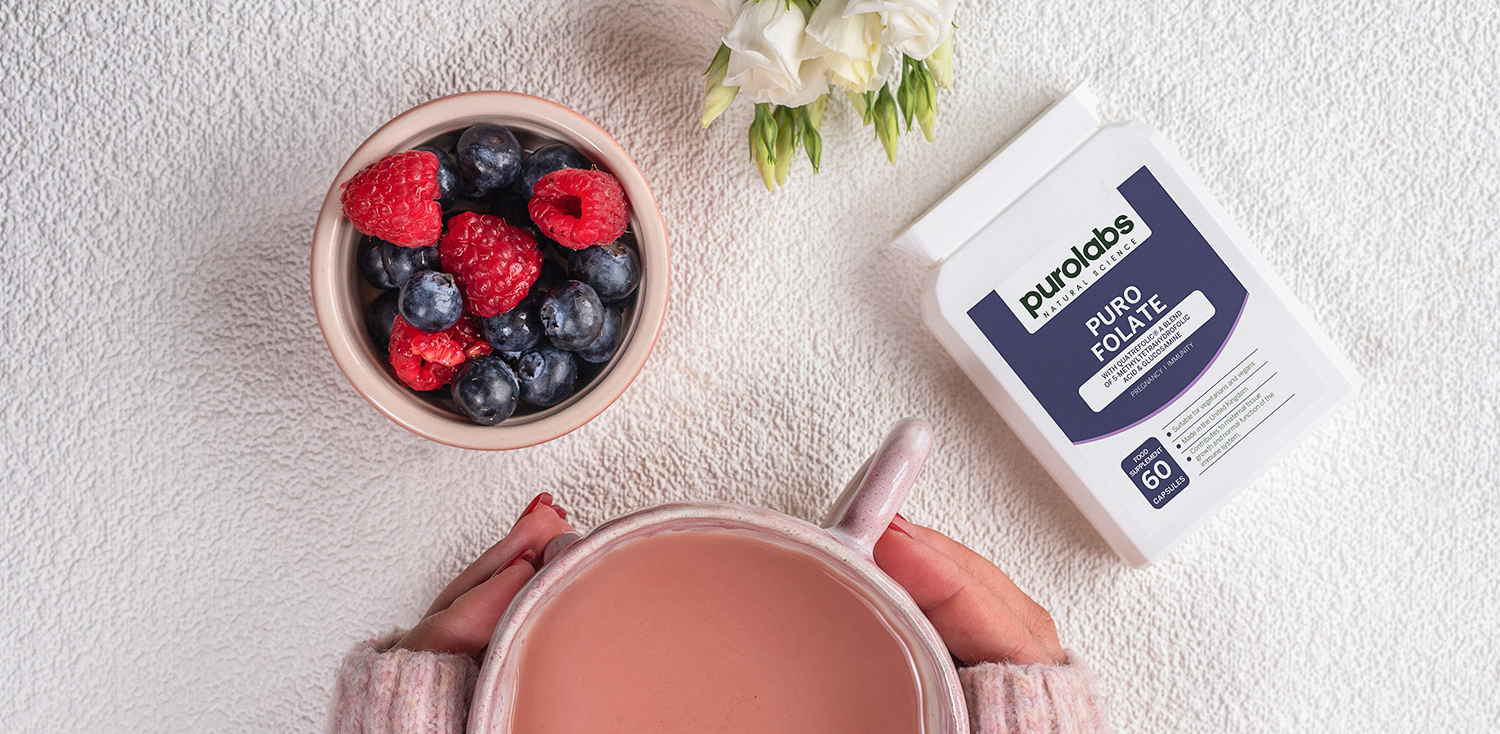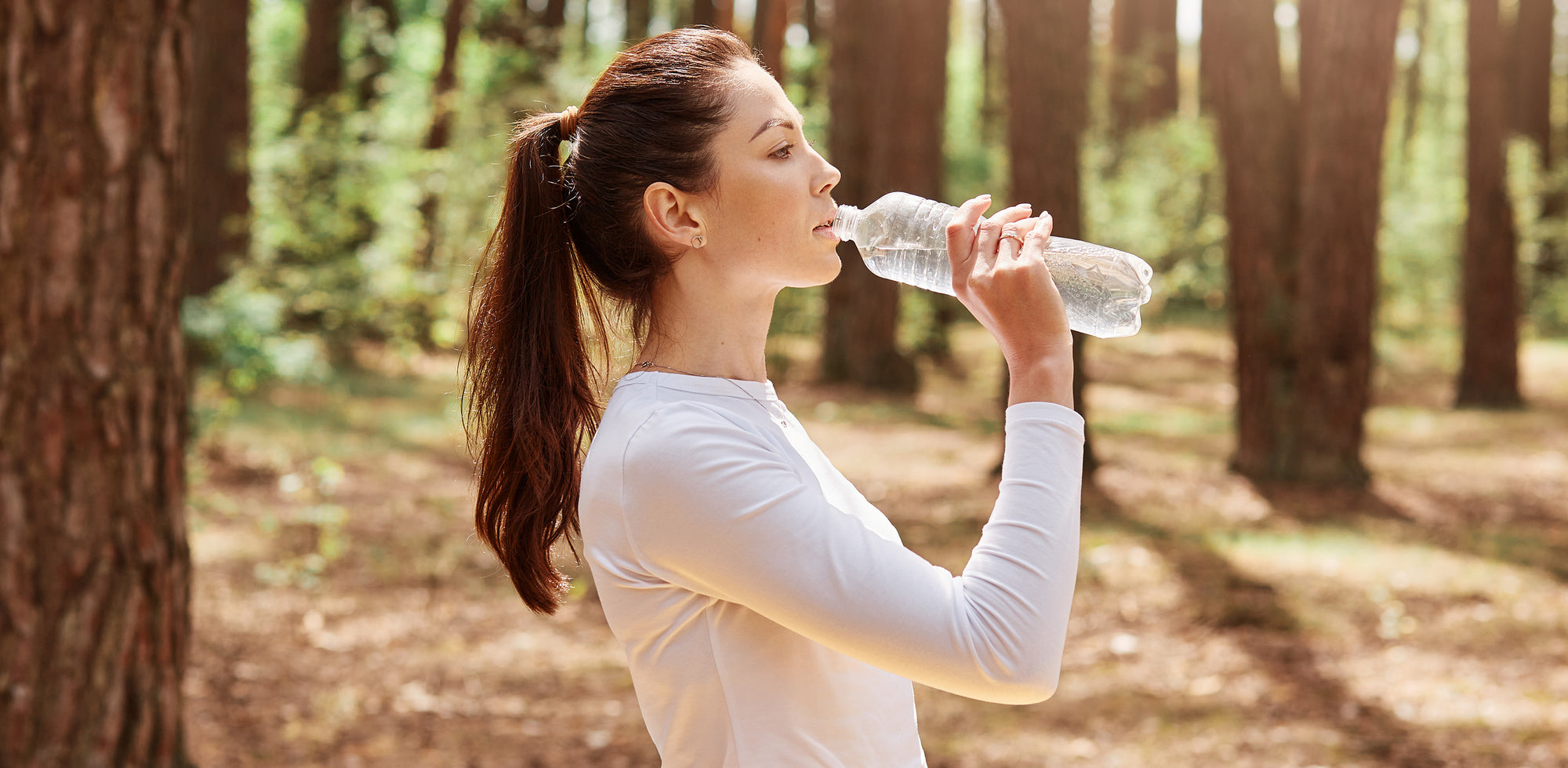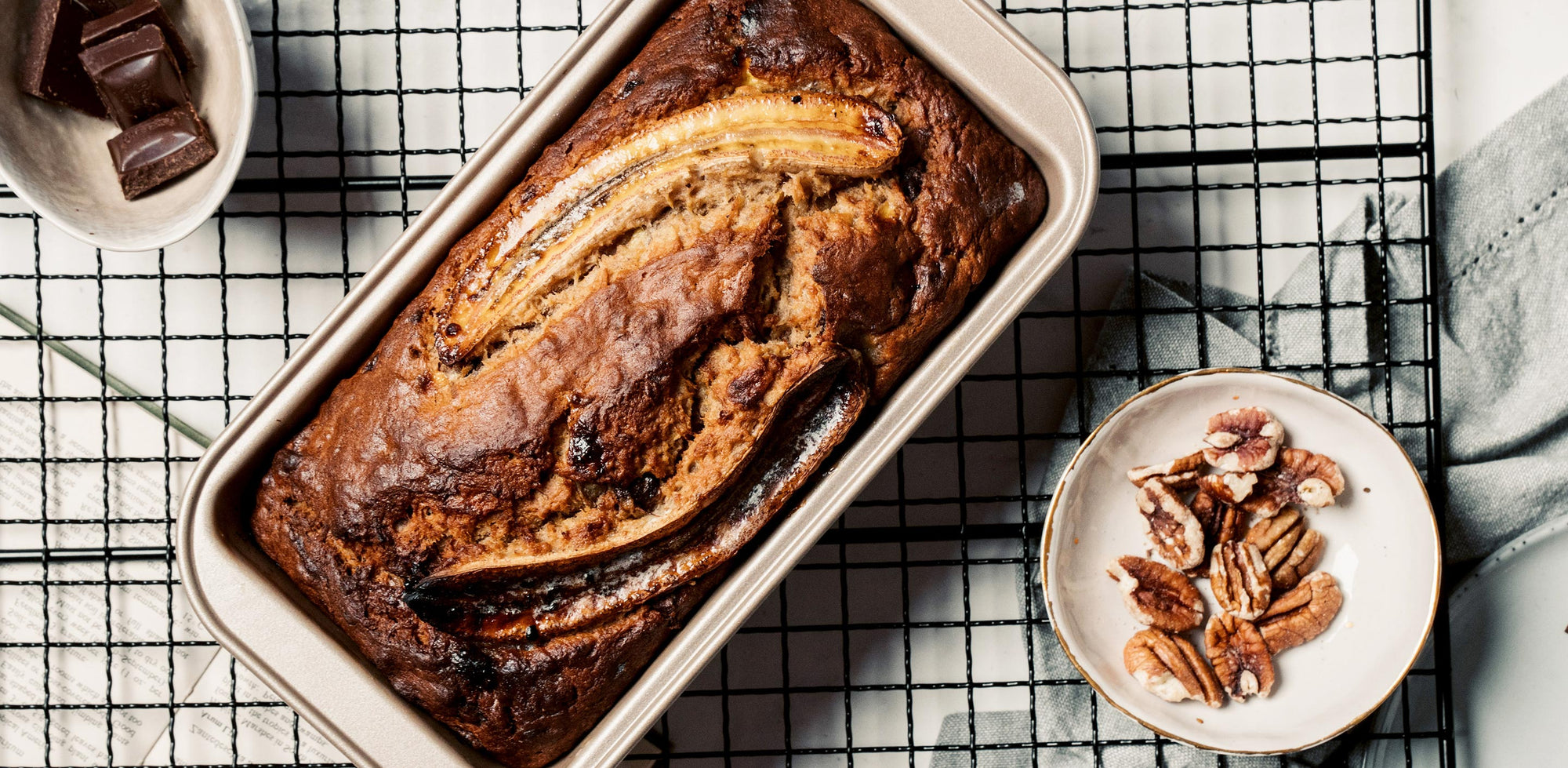For any couple thinking of starting a family or trying to conceive, assessing your lifestyle is a great place to start. Making positive lifestyle changes is a huge step in the right direction and can help to optimise fertility, as well as your overall health and wellbeing. Today we are going to talk you through all the lifestyle changes that can positively impact female fertility.
Leading a more active lifestyle is not only beneficial for your general health, but it can also have a positive effect on fertility - especially for individuals who are overweight or obese.
However, it is important to introduce activity gradually and avoid over-exercising. Engaging in high-intensity exercise that is too strenuous could have a negative impact on fertility, especially if you are new to working out. If you’re unsure, always speak to your GP for advice.
As well as being detrimental to your general wellbeing, some research suggests that stress could have a negative impact on fertility too. Managing stress and finding time to wind down is definitely beneficial for any woman trying to conceive.
Maintaining a good routine, engaging in physical activity and practising meditation are all tools you can utilise to manage stress levels and promote a sense of calm and wellbeing. Stress plays a big role in fertility. You may also want to consider some stress supplements to help to relax.
Eating a balanced diet that is rich in proteins, antioxidants and healthy fats is a great way to optimise fertility and feel your best. High fibre foods, whole grains and fresh fruit & vegetables are also great to incorporate into your diet, to nourish the body in preparation for a healthy pregnancy.
There are specific foods which studies have found to positively impact fertility for females. We actually have a whole blog post all about Fertility Boosting Foods for Women which you can read here.
It is widely known that pregnant women have to carefully monitor their caffeine intake but some research suggests that over-consumption of caffeine may also have a negative effect on female fertility.
We would suggest limiting yourself to 1 to 2 cups of coffee per day and trying decaf or caffeine free alternatives where possible. You might be surprised and find decaf just as enjoyable!
More guidance for pregnancy that can be adopted when TTC is cutting down or cutting out alcohol and stopping smoking. Some research has found a possible link between alcohol consumption and higher rates of infertility, although more in depth studies are needed to fully investigate this link.
Making this lifestyle change by cutting out smoking and alcohol will optimise your overall physical health and wellbeing, preparing your body for conception and promoting chances of a healthy pregnancy.
Maintaining a healthy body weight is key to optimising female fertility, as being both underweight and overweight can be detrimental. This is due to a link between the amount of fat stored in the body and healthy menstruation.
If you are concerned about your body weight and are trying to conceive, we would suggest speaking to your GP about healthy, safe ways to gain or lose weight, depending on your personal circumstances and goals.
All these lifestyle changes will not only optimise your fertility if you are a woman trying to get pregnant, but they will improve your general well-being and allow you to feel like the best version of yourself. You could even incorporate Puro Folate & Puro Multivitamin into your daily routine, for that extra support when trying to conceive.
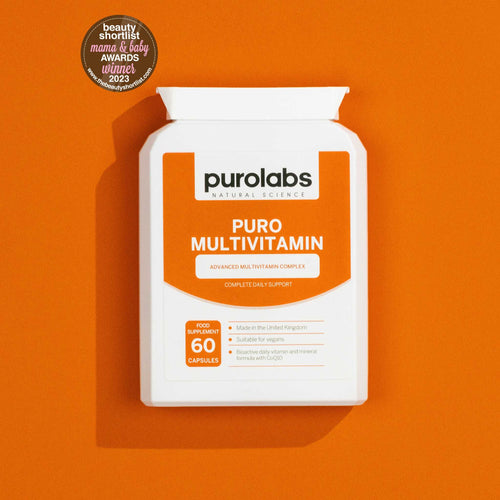
Multivitamin
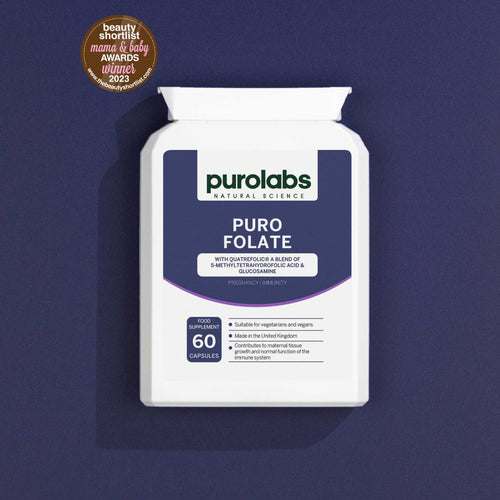

 Beauty
Beauty
 Bone Health
Bone Health
 Brain Health
Brain Health
 Energy
Energy
 Eye Health
Eye Health
 Gut Health
Gut Health
 Hair
Hair
 Hormonal Health
Hormonal Health
 Heart Health
Heart Health
 Immunity
Immunity
 Joints
Joints
 Menopause
Menopause
 Pregnancy
Pregnancy
 Kids
Kids
 Sleep
Sleep
 Stress & Mood
Stress & Mood















